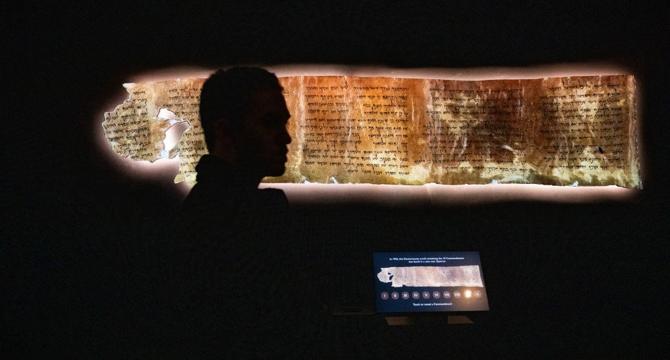COSMOS
4w
377

Image Credit: COSMOS
Dating the Dead Sea Scrolls to decode their place in biblical history
- The Dead Sea Scrolls, discovered between 1946 and 1956 in Qumran Caves, have challenged perceptions about Jewish, Christian, and Islamic origins with nearly 1,000 manuscripts and 100,000 fragments.
- A new project called The Hands That Wrote the Bible used radiocarbon dating and machine learning to accurately date individual Dead Sea Scroll manuscripts.
- The project, funded by the European Research Council, utilized a machine-learning model named Enoch which improved date accuracy to within plus or minus 30 years.
- The research project's findings suggest that many Dead Sea Scrolls are older than previously thought, impacting interpretations of ancient Jewish scripts and shifting understanding of political and intellectual development in the eastern Mediterranean 2,000 years ago.
Read Full Article
22 Likes
For uninterrupted reading, download the app